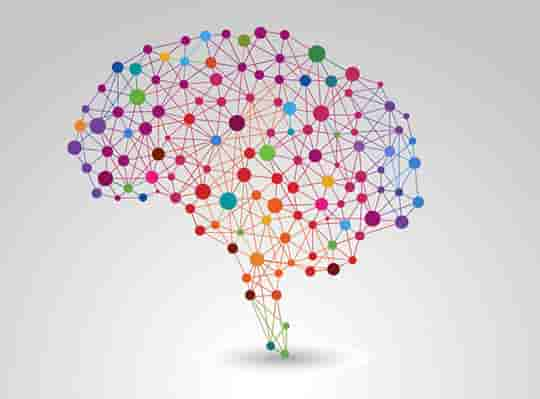Fear and anxiety are emotions that can trap you, but facing them can help, explains a clinical psychologist.
Phobias and anxieties, such as social anxiety, are best dealt with by facing them.
It is not easy, but if done step-by-step most people can learn to deal with anxieties and fears — even overcome them.
Dr Suma Chand, a clinical psychologist who helps people with phobias, says:
“The most reassuring thing I can say to anyone about fear is this: All emotions change.
You will never stay in a panicky state for the rest of your life.
Persevere, and the fear will dissolve.”
Fear and anxiety are emotions that can trap you, says Dr Chand:
“The more you feed it, the stronger it grows.
Fear traps people.
Fear puts you in a box.
Your world gets smaller and smaller.
After a while, you’re avoiding the discomfort of the fear itself, rather than the thing you fear.
When you avoid the things you fear you feel safe and comfortable and you don’t want to do anything that will shake this safe cocoon of comfort.
However you pay a heavy price – your freedom to live your life like the way you really want to live.”
One of Dr Chand’s patients had exactly this experience:
“I saw an elderly lady who had a fall and broke her hip.
It was very traumatic for her.
After she recovered, she didn’t want this experience to repeat itself.
She became very cautious and avoided walking anywhere where there was a possibility for falling.
Although the fear had initially translated into rational attempts to exercise caution it turned into avoidance as she went overboard with being cautious.
The avoidance made her feel safe but caused her fear to grow.
She stopped going to the store, the mall and to yoga, all of which she had enjoyed.
Her social interactions became restricted as she began to stay home more, and avoided her favorite activities, because she was overly fearful about falling.
She began to feel low and hopeless as she saw her isolated, limited existence stretch ahead of her.
While the treatment is to face the fear, it is done in a manner that does not overwhelm the patient.
The graded approach made this patient feel less overwhelmed and also more willing to face her fear.
Once she began to attain success in facing her fear and recognized that what she feared was not happening, it was like a switch was turned on, and she went faster.
Soon, she was fine and back to her old activities again.”
Dr Chand describes when to address fears:
“The time to address a fear is when you find that it is causing you a lot of distress and it is affecting your life in a significantly negative way.
For example, many people fear snakes, which of course can be dangerous.
But they are not preoccupied with this fear and they don’t find that it is impairing their lives very much.
On the other hand, some people fear cats, which are unlikely to cause much harm.
They may find themselves regularly panicked by visits to friends’ homes if they have cats and so begin avoiding such situations.”
Social phobias
Social phobias are extremely common and people experiencing it often feel very anxious about all kinds of social situations.
Dr Chand says:
“I had a patient who had social phobia…
[…]I asked her to look at her choices.
If she were to choose to step into the situations she feared in gradual stages there’s a chance that she would realize her dreams.
However if she were to opt for the choice to avoid them she was guaranteed that nothing would change.
The good news is that she opted to face her fears and challenge her fearful thoughts.
Today she is dating someone and they are well on their way to a long term relationship.”
→ Signs Of Anxiety: 21 Symptoms Everyone Should Know
.










